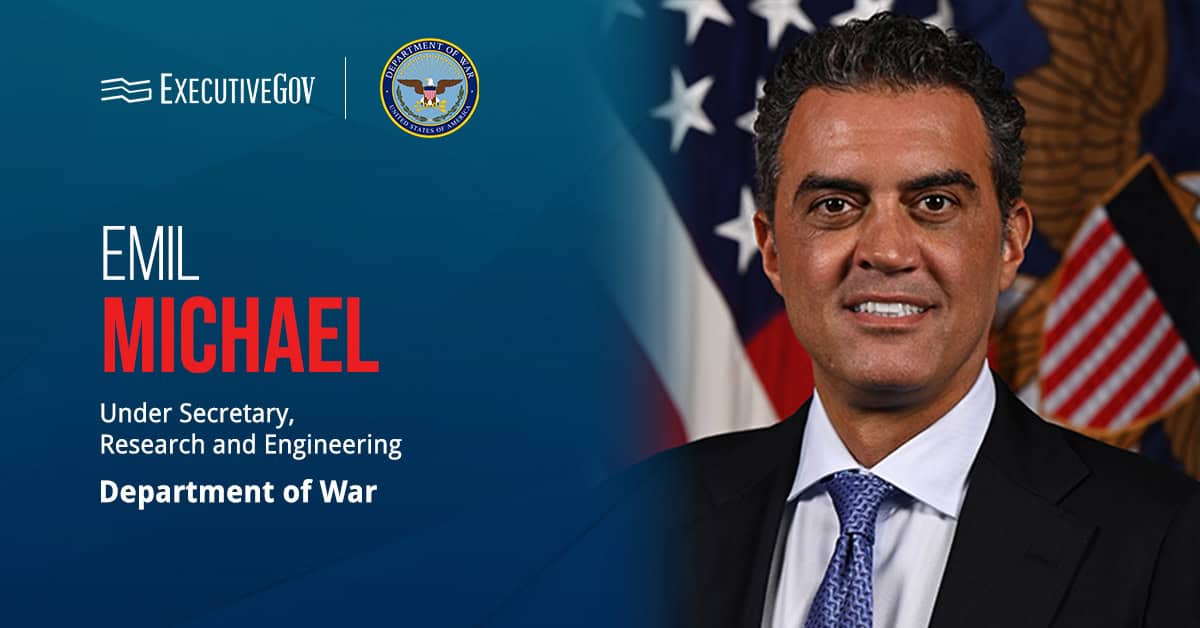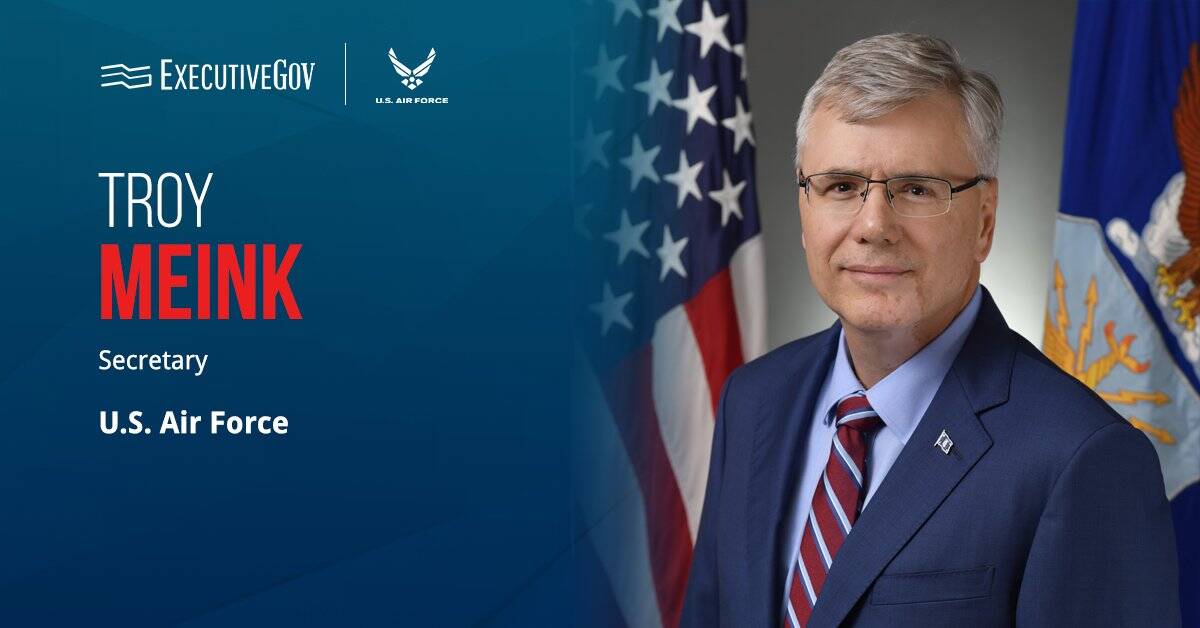The Department of Homeland Security's (DHS) Chemical Security Analysis Center (CSAC) is set to provide chemical hazard support in preparation for Hurricane Sally's landfall.
CSAC is identifying chemical facilities within Sally's predicted path that may be vulnerable to chemical release due to loss of power or building damage, DHS said Monday. The center will also remain on standby to assess potential hazard on chemical surface transport, piping systems and other facilities.
DHS will transmit the results of the analysis to Joint Task Force – Civil Support Team and the Federal Emergency Management Agency's Interagency Modeling and Atmospheric Assessment Center.
CST and FEMA/IMAAC reached out to CSAC in August in response to a chemical fire at Biolab following Hurricane Laura's landfall.





